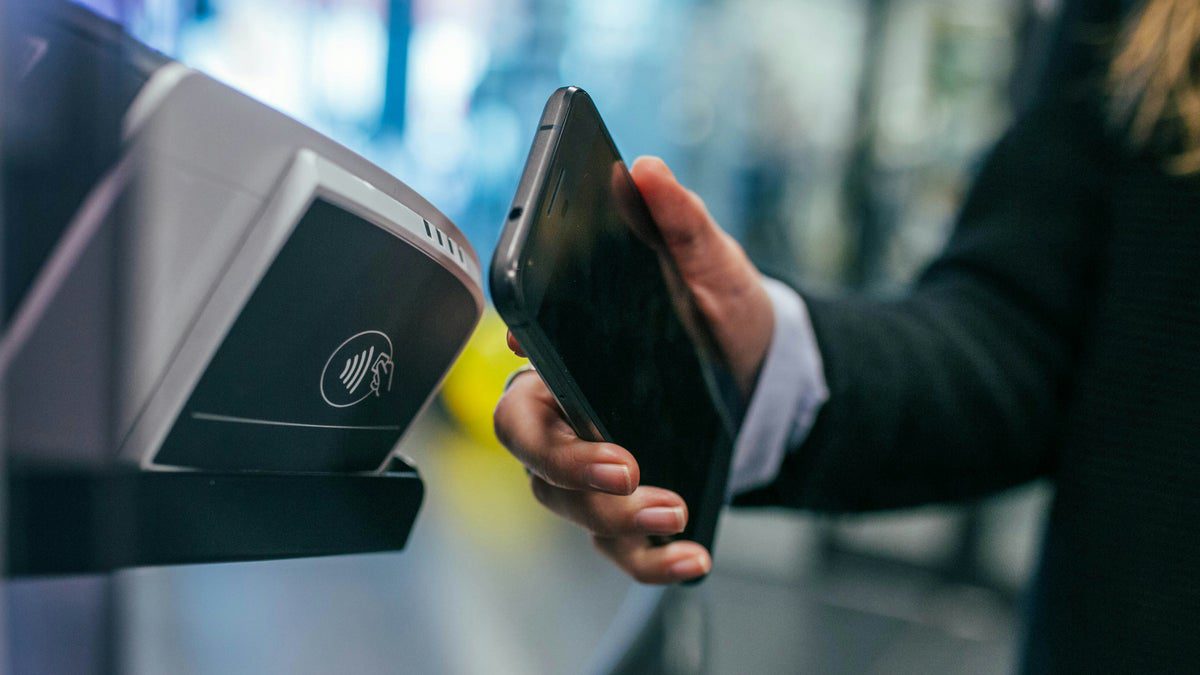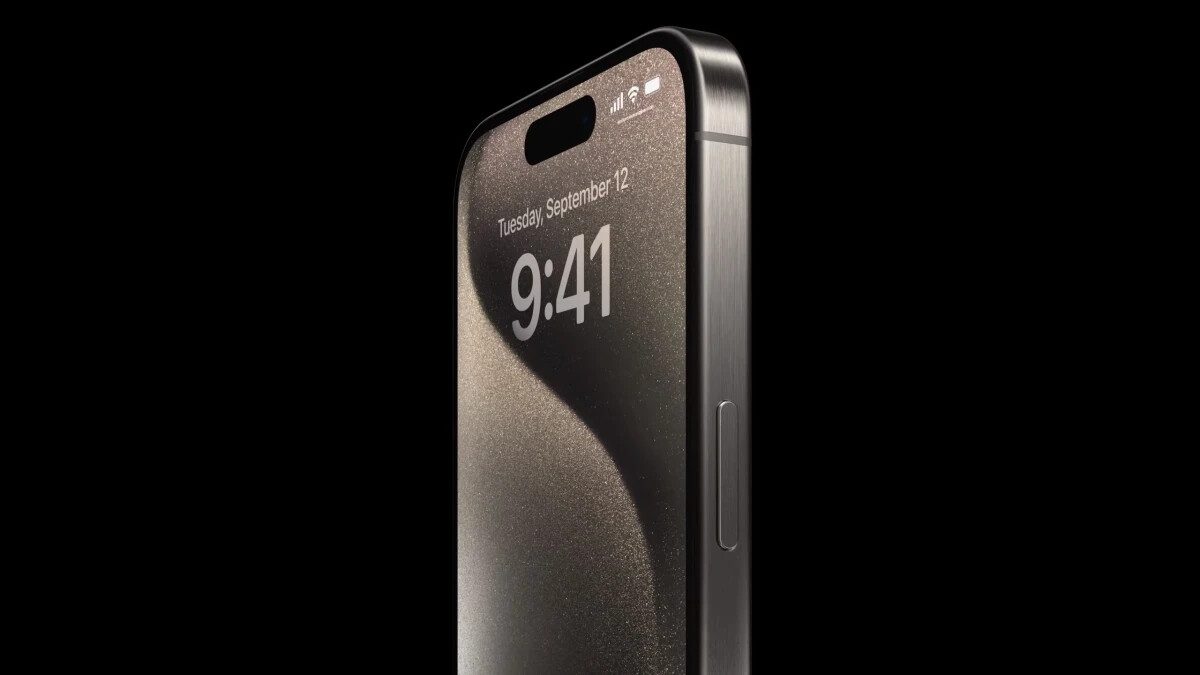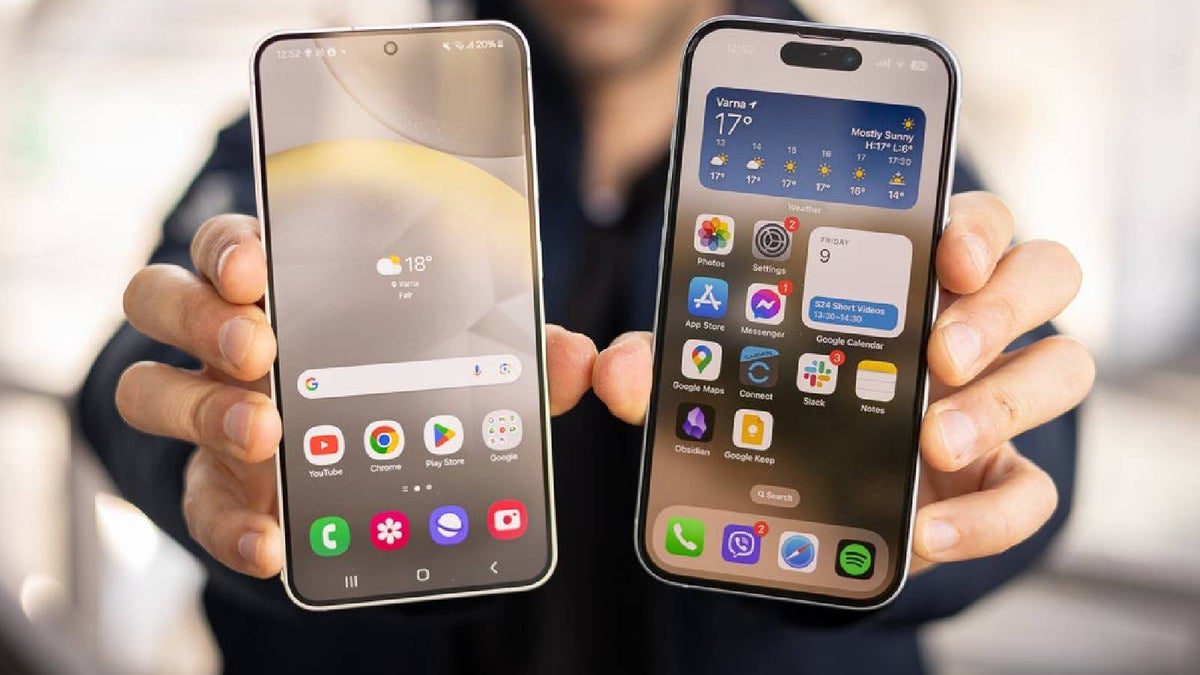At Phones Canada, we recently learned about a hack that could potentially unlock 3 million hotel room doors in 161 countries worldwide using an Android phone. These door locks, vulnerable to the hack, are secured with RFID, a radio wave technology. This revelation has sparked curiosity about NFC – a feature present in most modern smartphones. Let’s delve into the security of NFC and how it differs from RFID.
**NFC and RFID: What Sets Them Apart**
In the reported hack, the hacker exploited the RFID (Radio Frequency Identification) system used to secure hotel room doors. RFID operates by transmitting identifying information from an electronic tag to a reader using radio waves. On the other hand, NFC (Near Field Communication) is an advanced version of RFID that enables devices to share data with each other. It is commonly used for contactless payments via smartphones.
**Key Differences Between NFC and RFID**
– RFID operates at longer distances (up to 100 meters), while NFC requires close proximity (a few centimeters).
– RFID facilitates one-way communication between a reader and tag device, whereas NFC allows for two-way communication.
– Multiple RFID tags can be read simultaneously, whereas only one NFC tag can be scanned at a time.
**The Advantages of NFC**
NFC has become an essential aspect of our daily lives, particularly in enabling mobile wallet payments. With an NFC-enabled smartphone, users can conveniently make payments without carrying physical cards or cash. Other benefits of NFC include:
– Easy and convenient payment method
– Efficient transactions leading to reduced wait times
– Enhanced security features such as tokenization and biometric protections
**Is NFC Secure?**
While NFC offers secure transactions due to its short-range operation, it is not immune to potential vulnerabilities. Some possible hacks associated with NFC include:
– Reprogramming payment terminals for illicit data transfers
– Cloning security keys through temporary access
– Social engineering tactics to manipulate users into triggering illicit interactions
**Should You Disable NFC?**
Despite its potential vulnerabilities, turning off NFC may not be necessary for most users as attacks are complex and require close proximity to the device. It is advisable to remain vigilant when using NFC in public spaces and avoid interacting with suspicious prompts or stickers that may trigger unauthorized actions.
In conclusion, while there are risks associated with using NFC technology, it remains a secure option for conducting transactions compared to traditional payment methods. By staying informed and cautious when utilizing NFC-enabled devices, users can mitigate potential security threats effectively.













